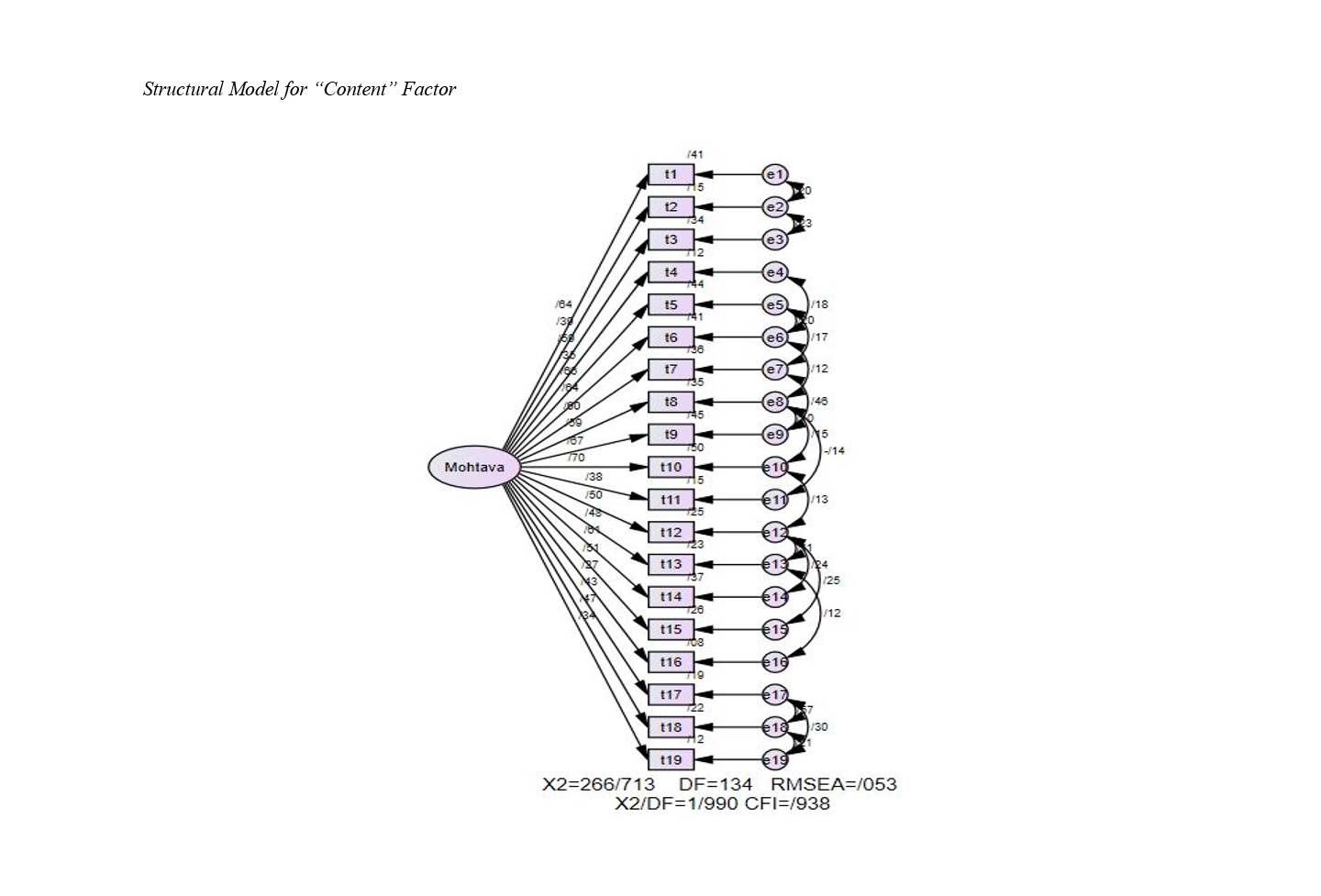Design and Validation of a Model for Developing Creative Thinking Skills in Educational Managers
Keywords:
Development model, creative thinking, problem-solving, emotional competencies, cognitive competenciesAbstract
Objective: Recognizing the factors that influence creativity and enhancing creative skills is essential to facilitate the enhancement of creativity in environments such as schools. Therefore, the current research aims to examine the role of individual and social variables in predicting students' creative progress.
Methods and Materials: This applied research was conducted with a mixed-method approach and an exploratory design. The qualitative sample consisted of 25 professors from the educational management departments of universities in Mashhad, selected through purposive sampling and considering the saturation rule. The quantitative sample included all school managers working in middle and high schools in the sacred city of Mashhad, with a sample size of 172 individuals, calculated based on Cochran's formula. In the qualitative section, semi-structured interviews were used, while in the quantitative section, a researcher-developed questionnaire was employed.
Findings: The qualitative results identified two main categories: intra-personal skills and inter-personal skills, along with six subcategories: technical skills, problem-solving skills, ethical skills, emotional competencies, cognitive competencies, and social competencies derived from the interviews. Structural equation modeling results indicated that creative self-efficacy and intrinsic motivation are significant predictors of creative advancement. Wisdom did not significantly predict creativity, while general self-efficacy indirectly predicted creativity through its impact on creative self-efficacy. The university environment also had a significant role in predicting students' creative advancement.
Conclusion: Based on the findings of the current research, considering social factors alongside individual factors provides a clearer and more comprehensive understanding of students' creativity.
Downloads

Downloads
Additional Files
Published
Submitted
Revised
Accepted
Issue
Section
License
Copyright (c) 2024 Ali Ghahremani, Hamid Shafizadeh, Naderian Solimani (Author)

This work is licensed under a Creative Commons Attribution-NonCommercial 4.0 International License.








